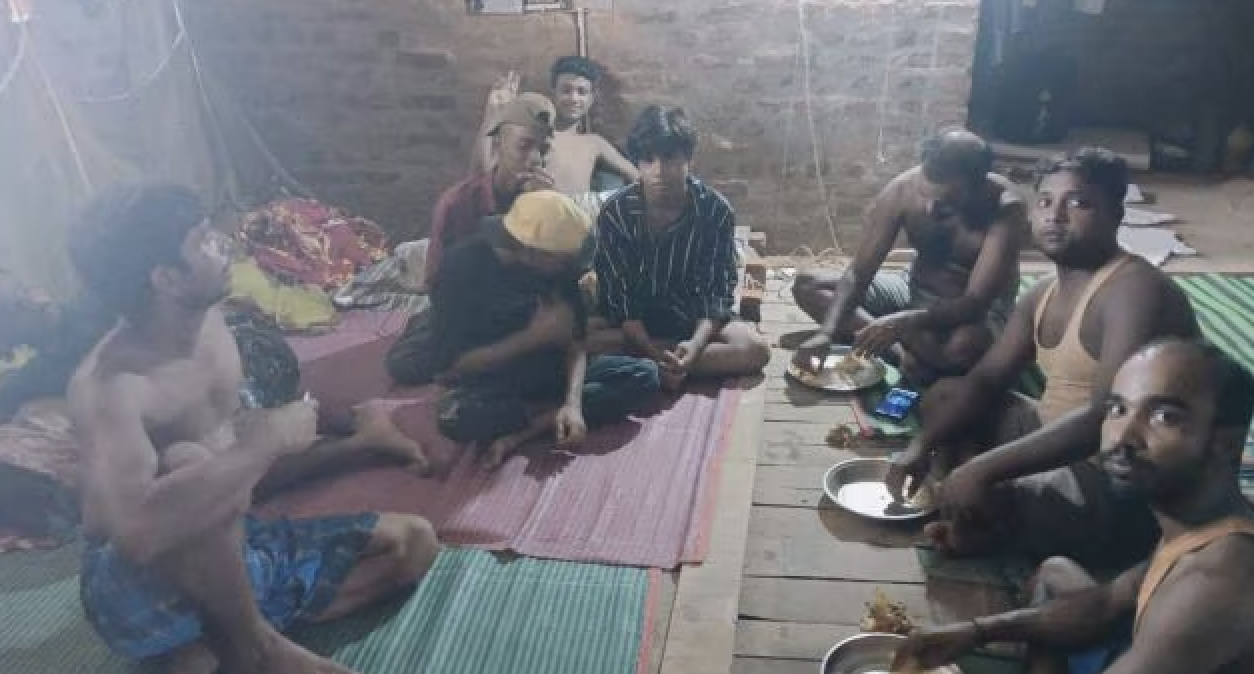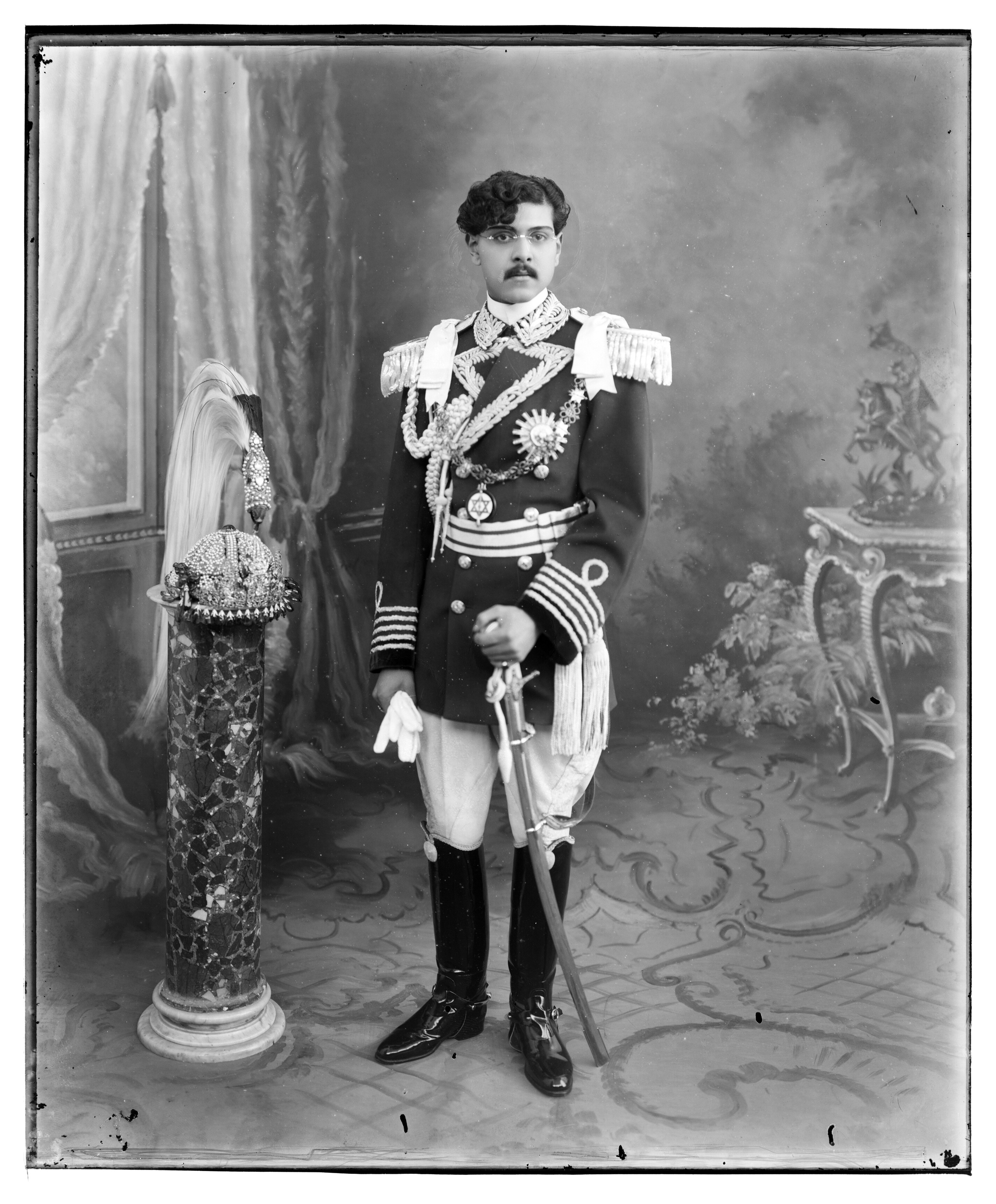Commonwealth Human Rights Initiative (CHRI) and Quill Foundation jointly conducted a survey across India to study how the Muslim Community perceives policing, as well as bias and discrimination by the police.
“As soon as a policeman sees a woman in a burqa or a hijab, he refuses to entertain her, and asks her to sit and wait. Her turn never comes. In fact, the waiting period turns into an hour, then two hours or so on,” said one of the respondents of the survey.
The joint report was released on December 08, 2018 and can be accessed here.
Executive Summary
This report documents the perceptions and experiences of policing in India of Muslim citizens. It is a result of a study conducted by the Commonwealth Human Rights Initiative and Quill Foundation. The study, spread across eight cities and several geographies1, focuses on issues related to everyday policing- access, engagement, and discrimination – as perceived by common Muslim citizens, along with a special focus on the experience of Muslim police officers themselves.
Muslim community perceptions of policing
The findings of the study present a picture of policing of Muslims characterized by discrimination, various degrees of harassment, as well as coercive containments of Muslim neighborhoods and activities. One set of the study’s respondents – 197 Muslim citizens – convey a pervasive sense of actively practiced discrimination, victimization, and coercive targeting by the police based on their distinct identity as Muslims. They feel they are, both individually and in groups, under constant suspicion of supporting ‘anti-national’ activities, surveilled and subject to higher levels of intrusive policing; and that the police makes deliberate efforts to limit and prevent community mobilization.
The key findings are:
• Police target and victimize Muslims based on their identity, revealing a distinct bias
The respondents unanimously expressed that the police targets and victimizes Muslims, resulting in ‘kafkaesque’ feelings within the Muslim community- cycles of fear, intimidation, and the constant threat of being detained, abused, and possibly incarcerated.
• Muslim women feel a double burden amplifying a multi-layered bias
Across states, Muslim women expressed the difficulty of bearing the ‘double burden’ of being a Muslim and a woman. Women distinctly felt their identity as Muslims was a primary reason for both police indifference and bias towards them. They unanimously said that police attitude and behavior is sharply prejudiced when women access the police wearing Muslim identity markers like burqa/hijab.
• Display of Hindu religious practices and symbols in police stations are perceived with apprehension and discomfort, and elicit exclusion
The respondents unanimously acknowledged the presence of Hindu religious symbols – often temples – inside police stations, and the overt practice of religion by police officers while on duty. This open display, in an official space meant to serve all the people of India, trigger apprehension and feelings of exclusion and ‘otherness’ as a minority.
• Police perceive Muslim concentrated neighbourhoods as subversive and criminalized, holding the community constantly suspect
A common perception emerged that the police sees Muslim localities as dens of criminal or terrorist activity, perpetuating a constant suspicion and distrust of the community. Muslim community members said that police attitudes and their dealings with Muslims are conditioned by this lens of prejudice. For the community, both as individuals and in groups, this represents a huge barrier between them and the local police.
Complaints were unanimously made of the pejorative characterization of Muslim neighbourhoods as ‘mini-Pakistan’ — which translated to not just being seen as coming from a crime-infested locality, but also being viewed as potentially anti-national, separate from the mainstream and feeling that their loyalty is always suspect.
• Damaging proliferation of local informer networks by the police, splitting the community against itself
Respondents across all cities displayed a keen awareness of the presence of police informers in their neighbourhoods. These informers are mostly from within the community itself, perpetuating a deep sense of ‘being watched’ by the state. While there is no way to know for sure who is an informer, suspicion and speculation easily takes the place of concrete knowledge.
This is leading to a climate of suspicion within the community. To the extent that anyone who regularly engages or interacts with the police comes under suspicion of being an informer. There is a complete lack of faith in the fairness or neutrality of informers. The fear – as well as disdain – of informers stems not from an apprehension that the informer will expose some actual illegal activity, but the fear of being unjustly implicated.
Perceptions and Experiences of Muslim Police Officers
Based on interviews with 25 retired Muslim police officers, it emerged that Muslims within the police also perceive and deal with bias based on their identity, indicating bias at an institutional level and pointing to the urgent need for greater diversity in police services.
• Need for greater representation
Most officers stressed the need for greater representation of Muslims in the police. They reinforced that the representation of Muslims in the police is much lower than the Muslim population, and highlighted that Muslim police officers are mostly concentrated in the junior ranks. Many of them felt that if special steps were taken to intensify recruitment of Muslims in the police it would serve as a confidence building measure, both for Muslim officers within the police, as well as the
community at large.
• Discrimination
Respondent police officers displayed an acute awareness that the police as an institution is deeply majoritarian. This was explicit in their acceptance and internalization of the presence of Hindu religious practices and symbols within police stations/departments as a routine affair. It was more subtly conveyed in a common feeling that as Muslim officers they had to work doubly hard as compared to others and constantly ‘prove their loyalties’. Many of them felt that especially when dealing with matters related to Muslims, their smallest actions could easily be construed as partisan or ‘communal’.
• Trust Deficit
Most officers conceded that there had always been a trust deficit between the Muslim community and the police; and that in the current context it was only getting worse. They also conceded that platforms like peace committees or mohalla committees which were meant to bridge this gap have failed in their purpose and are mostly constituted of touts and informers and not genuine representatives of the Muslim community.
Access the full report here.






